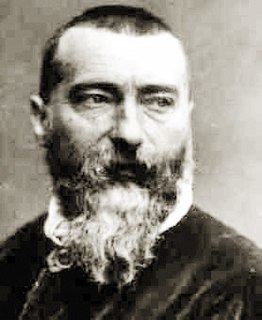A Quote by Alphonse Karr
Love is the most terrible, and also the most generous of the passions; it is the only one which includes in its dreams the happiness of someone else.
Related Quotes
Compassion does not only refine and civilize human nature, but has something in it more pleasing and agreeable, than what can be met with in such an indolent happiness, such an indifference to mankind, as that in which the stoics placed their wisdom. As love is the most delightful passion, pity is nothing else but love softened by a degree of sorrow: In short, it is a kind of pleasing anguish, anguish as well as generous sympathy, that knits mankind together, and blends them in the same common lot.
It is obvious that the most despotic forms of social organization would be suitable for inert men who are satisfied with the situation fate has placed them in, and that the most abstract form of democratic theory would be practicable among sages guided only by their reason. The only problem is to what degree it is possible to excite or to contain the passions without endangering public happiness.
Most people, if they were generous, were so because they thought life was short and that one must make the most of it. Sid Baxter was generous because he knew that life was long. It went on and on even when you had no use for it anymore. It was happiness, not life, that was short, and when it visited - in the form of a fine evening spent talking with a friend - he honoured it.
Envy, jealousy, ambition, any kind of greed are passions; love is an action, the practice of human power, which can be practiced only in freedom and never as a result of compulsion.
Love is an activity, not a passive affect; it is a "standing in," not a "falling for." In the most general way, the active character of love can be described by stating that love is primarily giving, not receiving.
In mortals there is a care for trifles which proceeds from love and conscience, and is most holy; and a care for trifles which comes of idleness and frivolity, and is most base. And so, also, there is a gravity proceeding from thought, which is most noble; and a gravity proceeding from dulness and mere incapability of enjoyment, which is most base.







































